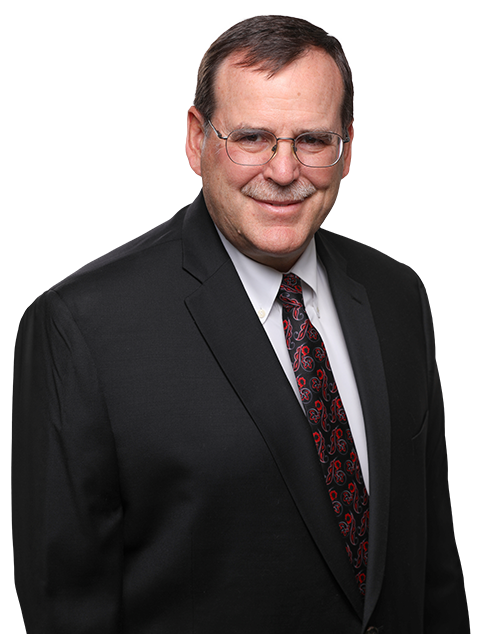Practices
Related Practices
In a case of significant importance to the healthcare community involving the application of Health & Safety Code section 1799.110, which provides procedural protections for ER physicians against medical malpractice lawsuits, Horvitz & Levy convinced the Court of Appeal to disagree with a prior appellate decision and hold that the statute also applies to physicians who provide remote ER consultation services.
Charlie L. was brought to a hospital’s emergency department, where the attending physician issued “stat” orders for an X-ray and ultrasound of his abdomen. Dr. Kangavari, an on-call radiologist working remotely, promptly reviewed the images and reported his conclusions to the attending physician, who then discharged Charlie with follow-up instructions. When Charlie’s condition worsened, he returned to the ER and was transported to another hospital for emergency surgery, which was not entirely successful. Charlie sued numerous defendants including Dr. Kangavari, whom he claimed had negligently failed to timely diagnose bowel obstructions. Dr. Kangavari moved for summary judgment contending he adhered to the standard of care and did not cause any harm. Charlie’s opposition was supported by declaration of Dr. Srinivasa, a medical school radiology professor. The trial court ruled that Health and Safety Code section 1799.110 applied to Charlie’s lawsuit against Dr. Kangavari, and that Dr. Srinivasa’s declaration was inadmissible under that statute. The trial court then granted summary judgment because Charlie lacked a standard-of-care expert. Charlie appealed.
Horvitz & Levy represented Dr. Kangavari on appeal. The Court of Appeal rejected Charlie’s argument that section 1799.110 did not apply because Dr. Kangavari was working remotely and on call, reasoning that “the only conclusion consonant with section 1799.110’s purpose” of “ ‘promot[ing] “the development, accessibility and provision of emergency medical services” ’ ” was to apply the statute to malpractice actions against physicians who remotely provide medical expertise on an expedited basis as part of an emergency department’s treatment of an emergency department patient. The Court of Appeal explained that section 1799.110 relaxed the standard of care for emergency physicians who face unique challenges when making urgent diagnosis and treatment decisions, often without time to review the patient’s medical history, seek consultations, study current medical literature, or reflect on their decisions. The Legislature did not want physicians to be discouraged from taking on emergency posts due to the cost of malpractice insurance based on malpractice claims supported by experts who had no familiarity with providing emergency care. The Court of Appeal concluded that section 1799.110 applies to on-call physicians remotely providing expertise as part of an emergency department because they operate under the same time pressures as emergency physicians and face the same threat of malpractice liability. The Court of Appeal expressly disagreed with the contrary holding in Miranda v. National Services, Inc. (1995) 35 Cal.App.4th 894, which the court believed was based on a flawed Legislative history analysis and disregard for the statute’s intended purpose.
Having agreed with the trial court that section 1799.110 applied, the Court of Appeal nevertheless reversed the summary judgment holding that neither side had proffered an admissible expert declaration because both parties’ experts had failed to attest to substantial professional experience providing emergency medical coverage during the five years preceding the alleged malpractice as required by section 1799.110(c).



